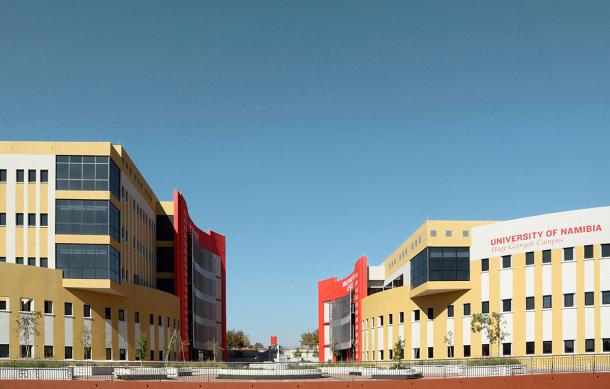
The University of Namibia has dismissed allegations that students at the School of Medicine were admitted along tribal lines.
Though not verified by the institution, UNAM says only 41 of the 70 successful applicants indicated on their application forms that they were Oshiwambo-speaking.
It is a sensitive matter to talk about, but tribal allegations cloud the institution's School of Medicine and School of Surgery programs after the vast majority of those on the acceptance list at the school carry Aawambo names.
The allegations came to nbc News' attention after a prospective student claimed that they were qualified for admission but that the university admitted another student with lower grades.
And the executive management at the medical faculty is having none of it.
UNAM reiterated that the management looks at factors such as regional representation and top performance when selecting students for admission.
This is despite the fact that the application form requires one to stipulate ethnicity.
The allegation has been shadowing the medical school for several years, which has produced more than 400 top-notch medical doctors and four specialist anesthetists since its inception in 2010.
"It is not the right approach to say that UNAM does not know; the issue from UNAM's perspective is that tribalism is not our focus; it is not the way we keep our statistics; our statistics and focus are based on regional representation," said UNAM Registrar Professor Erika Maass.
Kavango East has the highest admittance with 20%, followed by |Khomas, Omusati, and Oshikoto, each standing at 13%.
The remaining regions make up 41% of the 70 students.
Some members described the allegations of tribalism leveled against the school as offensive and an insult.
According to Public Relations Officer Simon Namesho, the management and the selection panel are guided by policies that are articulated by the University Senate, which is the highest decision-making body of the institution.
"How do we then profile our country beyond regional ties so that it helps these processes because regional representation is what we have in the country?"
The school received about 1,500 applications for the 2023 intake, and only 70 students have been admitted.





